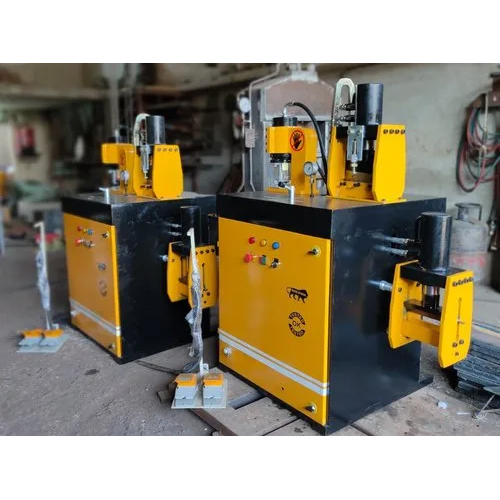In today’s fast-paced digital age, the term “busbar bending machine” has taken on a whole new meaning. No longer just a mechanical device, machines have evolved into complex entities powered by the remarkable field of machine learning and artificial intelligence (AI). These intelligent machines are transforming industries, from healthcare to finance, and are at the forefront of technological advancements.
Machine learning, a subset of AI, equips machines with the ability to learn and make decisions based on data without explicit programming. This remarkable technology enables computers to recognize patterns, make predictions, and improve their performance over time.
One of the most prominent applications of machine learning is in natural language processing (NLP), where machines can understand and generate human language. This has led to the development of chatbots, virtual assistants, and language translation services that enhance communication and streamline customer service.
In the field of healthcare, machine learning algorithms are revolutionizing diagnosis and treatment. These machines can analyze vast amounts of medical data, such as patient records and imaging scans, to assist doctors in making accurate diagnoses and personalized treatment plans. The potential to save lives and improve patient outcomes is immense.
Furthermore, the financial sector is benefiting greatly from machine learning’s predictive capabilities. Algorithms can analyze market trends, detect fraudulent transactions, and optimize investment portfolios, leading to more informed financial decisions and risk management.
Machine learning is also making significant strides in autonomous vehicles. Self-driving cars rely on machine learning algorithms to process sensory data from cameras, radar, and LIDAR sensors to navigate safely and efficiently. These advancements hold the promise of reducing accidents and transforming transportation.
In manufacturing, machines equipped with AI can optimize production processes by monitoring equipment performance and predicting maintenance needs. This leads to increased efficiency, reduced downtime, and cost savings for businesses.

